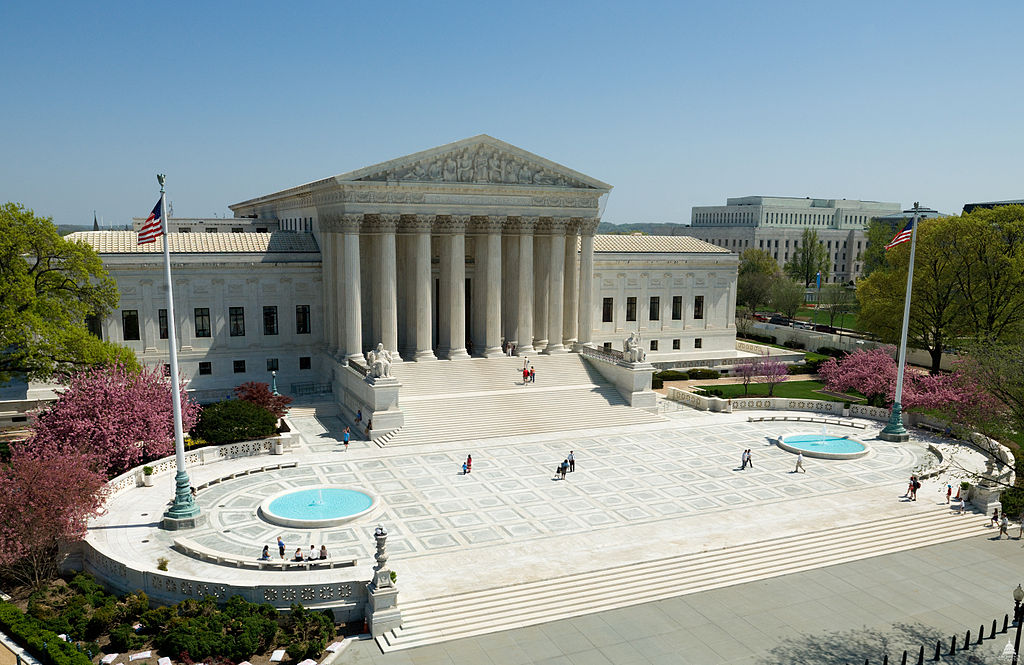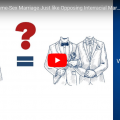President Obama issued a statement today saying he supports gay marriage. This position flies in the face of thirty-one states who have passed amendments and laws defining marriage as the union of a man and woman.
The argument employed by people lobbying for the redefinition of marriage is that ‘marriage equality’ is a right, and should not even be subject to a vote. They further argue that it is the duty of the federal government to step in and overrule the will of the people in the thirty-one states that have defined marriage as the union of a man and woman.
Here’s the problem:
Even if ‘marriage equality’ were a right—and I think there is a strong case that it is not—it would not be any different from any other right identified in the Constitution. And regardless of what the other side on this issue claims, our rights are voted on all the time. Every two years we elect lawmakers who go to the capitol and pass legislation regulating our rights. That’s what a law is, after all: A government restraint placed on our basic rights.
The right to keep and bear arms, for example, is guaranteed under the Second Amendment, but the government regulates who can own firearms—convicted felons and illegal immigrants cannot own them at all, and people under twenty-one cannot own handguns—what types of firearms you can own, where you can and cannot carry them (such as schools or houses of worship), how they are transported, stored, and how they are sold.
The same is true of religious freedom and the freedom of speech: You cannot now, nor could you ever in America, commit a crime under the auspices of either. You can’t trespass on private property in the name of religious freedom. You can’t slander another person in the name of free speech. They are rights specifically protected by the Constitution, but they are still regulated by the government.
The fact that something is a ‘right’ has never meant that it is not restrained. The argument has always been about the degree to which a right is restrained by the government. And states are well within their boundaries to set qualifications on marriage just like any other right or institution in this country.
So how much ‘marriage equality’ do they want? How much would be appropriate? And who will make that decision? Should a person be able to engage in polygamy? Should they be able to marry at any age or to any person—even a blood relative? If you’re going to declare that marriage is anything other than a union of a man and a woman, you’ve crossed an existing line. Who decides where that line gets redrawn, and on what grounds do they make that decision?
There is no clear answer. That’s why marriage should remain as it has always been: The union of one man to one woman.



